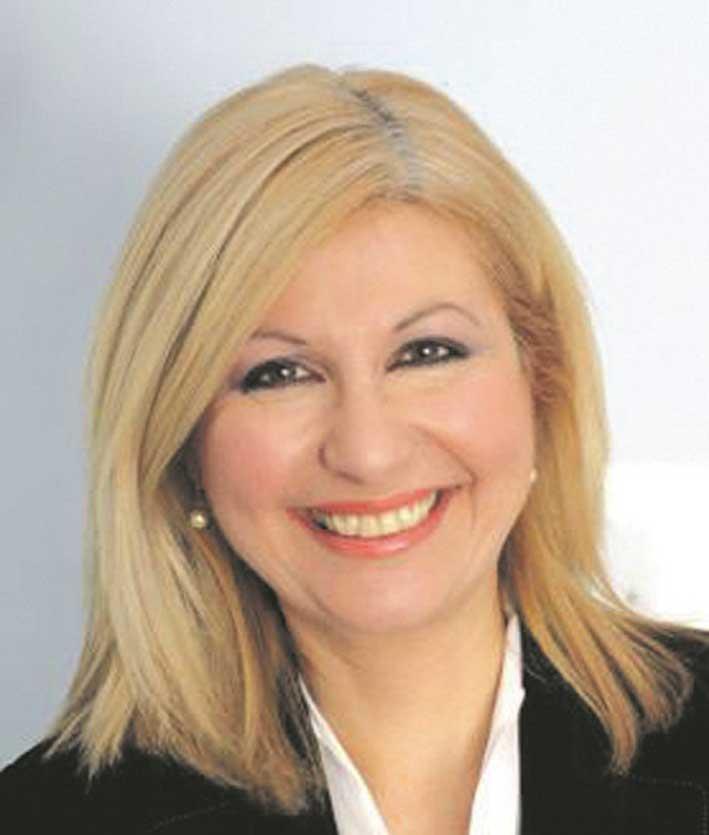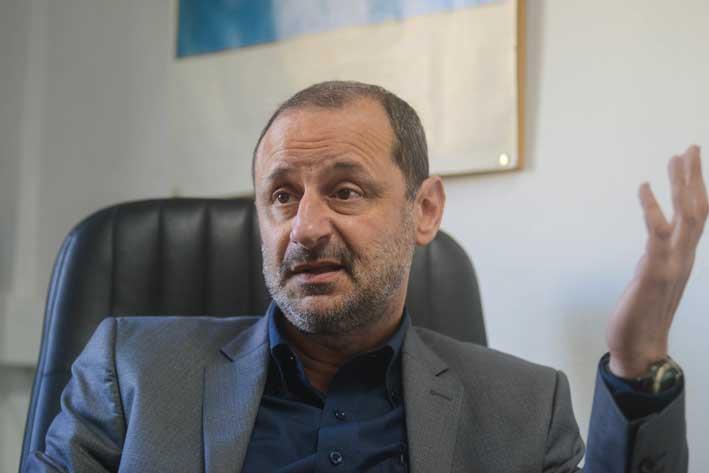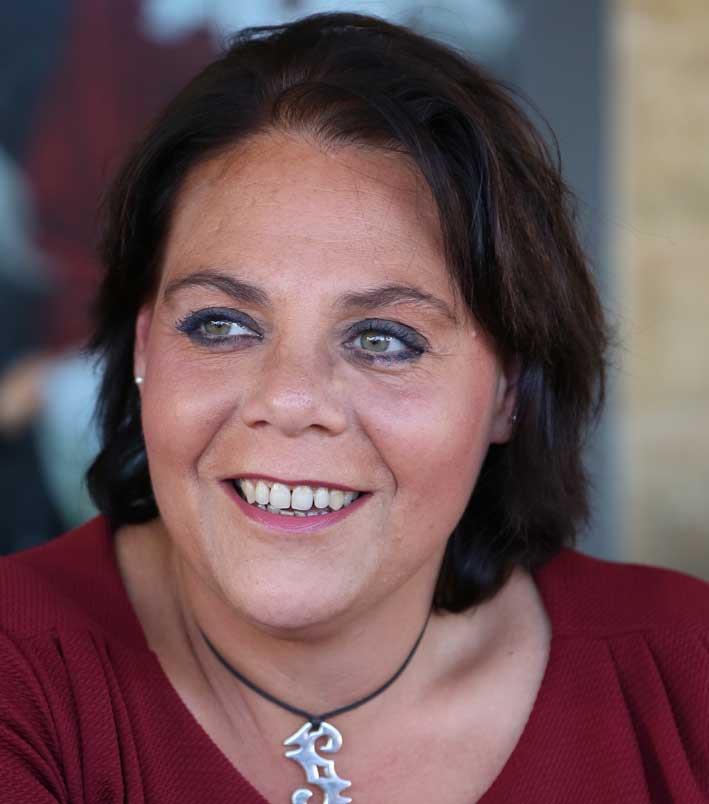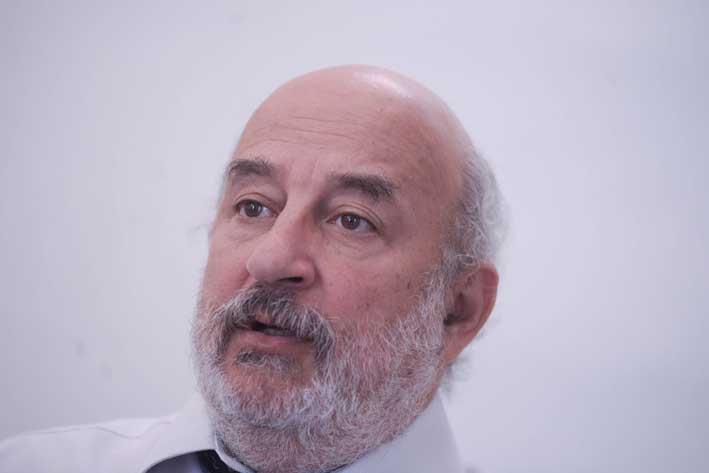The President of Malta Marie Louise Coleiro Preca said that housewives should be compensated if they choose to stay home, but a number of experts and NGOs in the field of women’s rights and the economy have unanimously agreed that the idea doesn’t hold any ground. The experts came to their conclusion particularly because the idea had been shot down before and taking into consideration the economic consequences if such a measure were to be officially introduced.
The Malta Independent reported last Sunday that a number of experts had recommended that financial compensation should be given to housewives. This emerged from a compilation of suggestions presented to the Parliamentary Committee for Family Affairs after 10 consultative committee meetings.
The recommendation regarding housewives said: “Help given to single parents who work outside their households, including single fathers, as well as compensation to mothers who stay at home to take care of the family and don’t go out to work.”
TMIS also pointed out that it wasn’t clear whether or not husbands would receive any benefits. This issue was independently brought up by the experts who spoke to this newsroom. A number of them, contrary to what the President said, blatantly told us that the entire idea “doesn’t make sense.”

In comments to this newsroom, President Coleiro Preca said that she believes that “women should have the right to decide whether to work at home, outside of home, or both. If they decide to work at home, then they should be compensated. If on the other hand, women decide to enter the workforce, there should be structures in place that facilitate this choice, through family-friendly measures. Although a lot has been done over years in this context, there is more to be done to ensure that all the necessary family-friendly measures are in place.”
The President then called for further investigation into the “positive socio-economic impact” of the contribution of any person, “be it a man or a woman, who chooses to raise a family or to take care of an elderly parent of relative, or a disabled member of the family.”
In conclusion, President Coleiro Preca said that she would love to see this work being valued “as it would give visibility to the socio-economic value of such a choice.”
On the other hand, however, a number of experts and spokespersons in the field disagreed with the President in terms of the validity of such a suggestion.

The Chairperson of the Malta Confederation of Women’s Organisations, Lorraine Spiteri, said that she feels the confederation should have been consulted because, not only does it represent women’s rights but there are a large number of women within the confederation who are full-time workers and also take care of a family.
“I believe it will cause an anomaly because most women who work do not do anything less than women who stay home to take care of their family. Do the women who are working yet do the same amount of work to take care of their family also have the right to compensation?”
Ms Spiteri also asked whether there will be someone to actually ensure that the individuals receiving the compensation are actually staying at home and taking care of the family.
Other uncertainties pointed out include the issue of whether or not husbands will be offered the same compensation and the fact that there are a number of studies which show that a child benefits more from having two working parents than not.
That being said, the confederation does acknowledge that there could be a number of women who don’t have the opportunities that others do. “There should definitely be more initiatives to aid women who are trapped and genuinely cannot find work despite wanting to.”
On the economic front, Ms Spiteri said that in terms of the labour market, “we will be further reducing the supply of workers which goes against one of the main reasons for wanting more women in the workplace in the first place.”

This latter point was echoed by Professor of Sociology Godfrey Baldacchino who went into the history of this proposal on an international scale. “Back in the 1970s and 1980s, feminist and human rights movements were advocating an official acknowledgement of the role of domestic labour – read ‘housework’ – in maintaining and effectively subsidising the formal economy.
“Vogue Magazine (2015) calculated that, should a typical parent of two young children be financially compensated for his/her ‘work’ – combining nursing, caring, cooking, washing, budgeting, teaching and so many other skills that are found on the labour market, and over a typical 72-hour working week – then the bill would come close to $96,000 annually: that’s a hefty €86,000.”
In terms of the merits of the suggestion itself, Prof Baldacchino spoke of the lack of clarity. “The recommendation regarding compensation to mothers who stay at home to take care of the family and don’t go out to work is so far unclear as to (1) whether it also applies to fathers who choose to stay home while their wives/partners work; but also (2) whether it applies to ‘taking care of the family’ beyond taking care of (young) children.”

The President of the Nisa Laburisti, Claudette Abela Baldacchino, spoke about the investment that the government has done in order to incentivise more women in the workplace. “The government is and has invested in families and particularly in women and their potential through different measures including free childcare facilities, in work benefit, tapering of benefits, as well as incentivising women to further their studies.”
She said specifically that Nisa Laburisti “absolutely does not agree with the proposal” and that “such a proposal runs counter to government policy, unless a person (irrespective of gender) is looking after a bedridden person in the community.”

The Director General of the Malta Employers Association, Joseph Farrugia summed up all the concerns regarding the implications of this suggestion on the labour market. “The implications for employers are that it could potentially lead to a fall in labour supply and increase government expenditure. I do not think that the idea makes any sense.”
On the same note as the other experts, Mr Farrugia spoke about “various incentives offered by government and employers at enterprise level which is making it easier for women to work and for all employees to strike a work life balance irrespective of gender.”
He also harkened back to what Ms Spiteri had said by saying that he doesn’t agree with the idea as “working women and men are also engaged in housework. Giving compensation to housewives who do not work would be discriminatory. He echoed Ms Abela Baldacchino by saying “on the other hand I would not exclude giving social assistance to individuals who cannot work due to particular circumstances, for example taking care of severely disabled children.”
The recommendations were compiled after meetings with a number of people from various organizations ranging from LQBTIQ groups, to parenting groups, to disability groups as well as children’s rights groups. These recommendations are to serve as a basis for future policies and laws in these sectors.